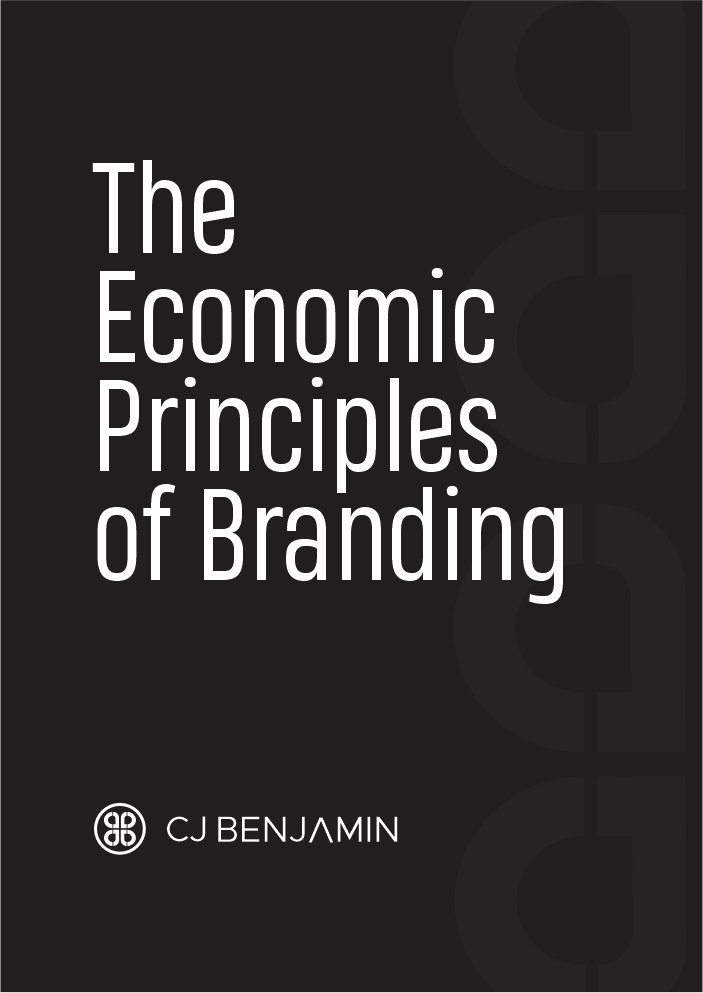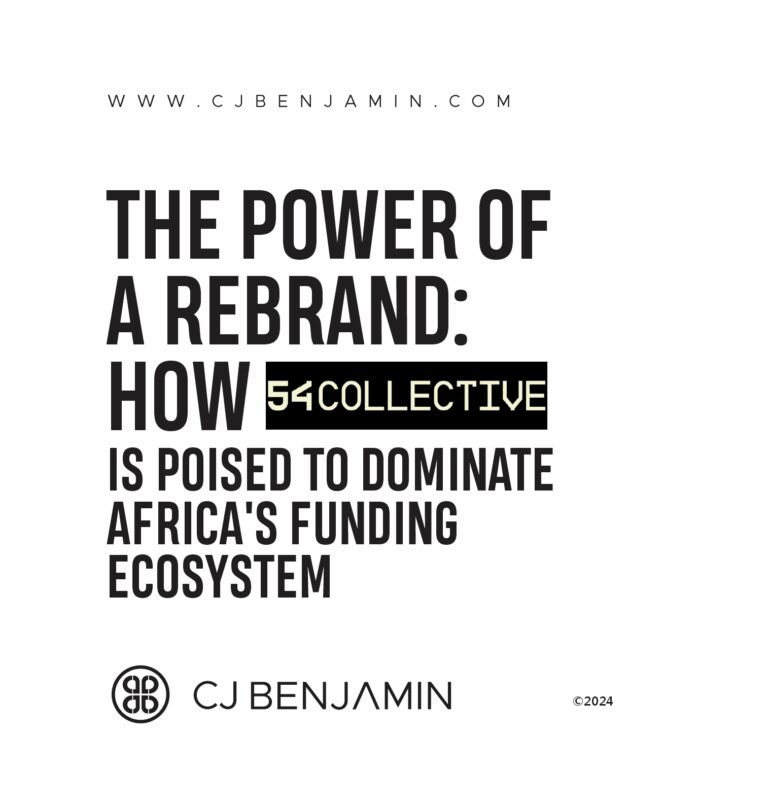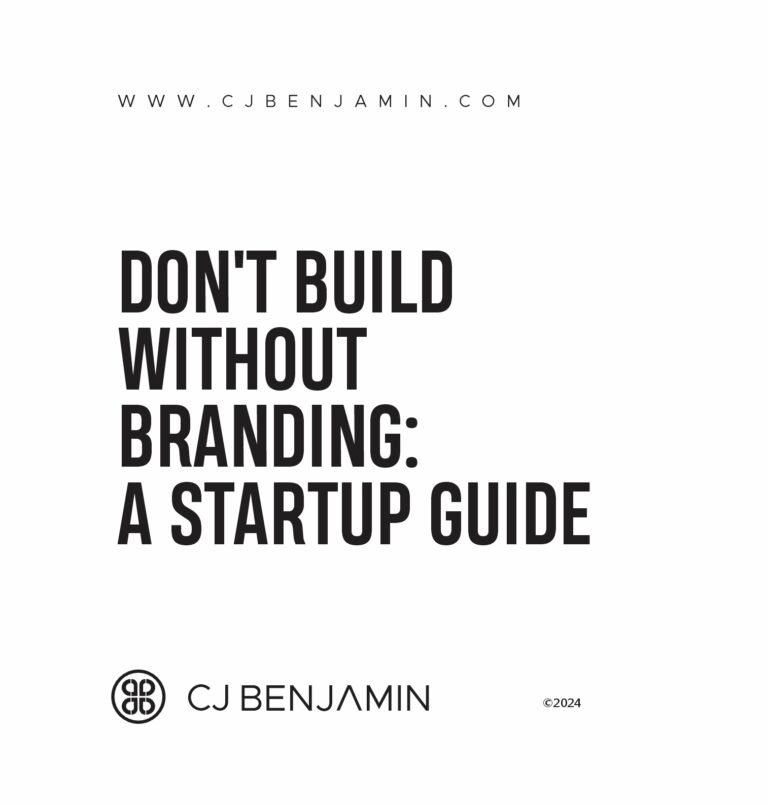Fundamentally, Branding is an economic principle.
The aftermath is to continuously capture a greater share of the market through the strategic development of brand equity.
Simply put, branding is a “money” conversation.
Far beyond mere visual identity, branding encapsulates the essence, values, and promise of a business, profoundly impacting market positioning, consumer behavior, competitive advantage, and overall financial performance.
At the end of the day, it is about financial performance.
In a saturated market, differentiation is crucial. Branding allows companies to carve out a unique position, distinguishing themselves from competitors. A strong brand conveys specific attributes and values, attracting a targeted audience. For instance, Apple’s brand is synonymous with innovation, design, and premium quality. This distinct positioning enables Apple to command higher prices and achieve significant market share despite intense competition.
Branding fosters trust and loyalty among consumers. A consistent and reliable brand experience cultivates consumer confidence. Trust, once established, leads to brand loyalty, reducing customer acquisition costs and increasing customer lifetime value. Brands like Coca-Cola and Nike have nurtured generations of loyal customers who not only repeatedly purchase their products but also advocate for the brand, amplifying its reach and influence.
A strong brand often justifies a price premium. Consumers are willing to pay more for products and services they perceive as higher quality or more desirable due to branding.
This price premium enhances profit margins, providing companies with financial resilience and the ability to reinvest in innovation, marketing, and expansion. Luxury brands like Louis Vuitton and Rolex exemplify this, maintaining high-profit margins through their powerful brand equity.
Branding creates a sustainable competitive advantage. Strong brands are difficult to replicate, offering protection against competitors. This competitive moat allows companies to maintain market leadership and enjoy long-term profitability. Google’s brand, built on trust, reliability, and innovation, positions it as the dominant player in the search engine market, deterring new entrants and rivals.
Brand equity significantly contributes to business valuation. Intangible assets, including brand value, can constitute a substantial portion of a company’s market capitalization. Investors recognize the enduring power of a strong brand, which often translates into stable and predictable cash flows. Companies like Disney and McDonald’s benefit from high brand valuations, reflecting their enduring market presence and growth potential.
Branding profoundly influences consumer behavior. It shapes perceptions, drives purchasing decisions, and fosters emotional connections.
Effective branding taps into consumer psychology, leveraging colors, logos, slogans, and narratives to evoke desired responses.
This influence extends to brand loyalty, where emotional attachment leads to repeat purchases and advocacy. Brands like Tesla harness this power, creating a passionate customer base that champions the brand’s mission and products.
For companies seeking local relevance or global expansion, branding is indispensable.
A strong, recognizable brand facilitates market entry and acceptance in new regions.
It conveys reliability and quality, overcoming cultural and language barriers. Brands like Starbucks and Amazon have successfully leveraged their brand equity to establish a global presence, adapting their branding strategies to resonate with diverse markets while maintaining core brand values.
The economic significance of branding extends to the broader economy. Strong brands drive consumer spending, stimulate competition, and foster innovation. They contribute to job creation, both directly within the company and indirectly through supply chains and related industries.
Moreover, branded companies often engage in corporate social responsibility initiatives, investing in community development and environmental sustainability, further amplifying their positive economic impact. Humanity first- Google is a case study.
I hope this helps?
Want to brand the NEXT BIG THING? Get in touch!
~ CJ Benjamin



